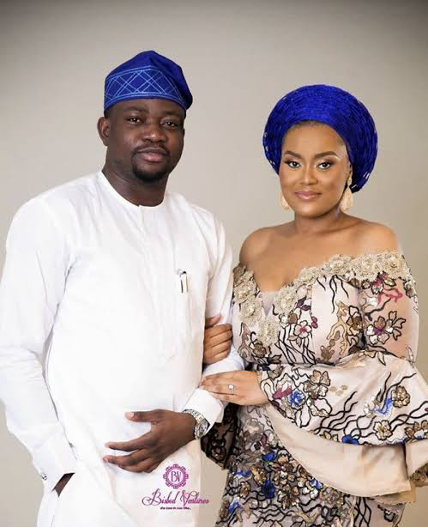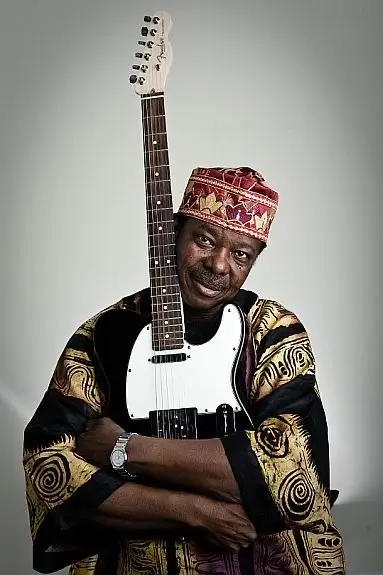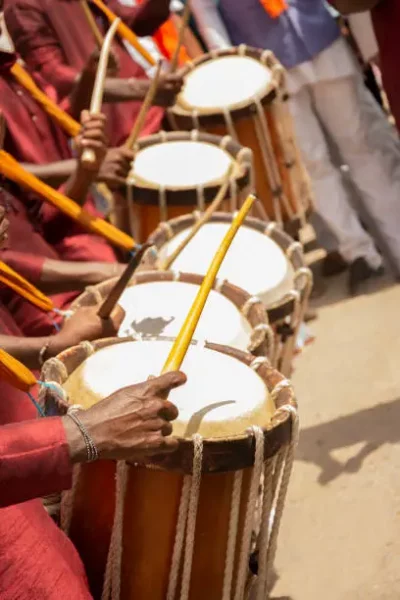DiscoverYoruba.com is your one-stop for embracing Yoruba culture, entertainment, and history unfolding.
What is Ìbà?
Ìbà is a Yorùbá word that means respect, honor, homage, and reverence. It is one of the most important values in Yorùbá culture—a guiding principle that shapes how people behave and interact with one another. Ìbà is at the heart of what it means to be an Ọmọlúàbí, a well-mannered, responsible, and honorable person.
Respect in Yorùbá culture is more than just words. It is about posture, tone, actions, and intentions. It is believed that honouring others, especially elders, brings blessings, peace, and harmony to the community.
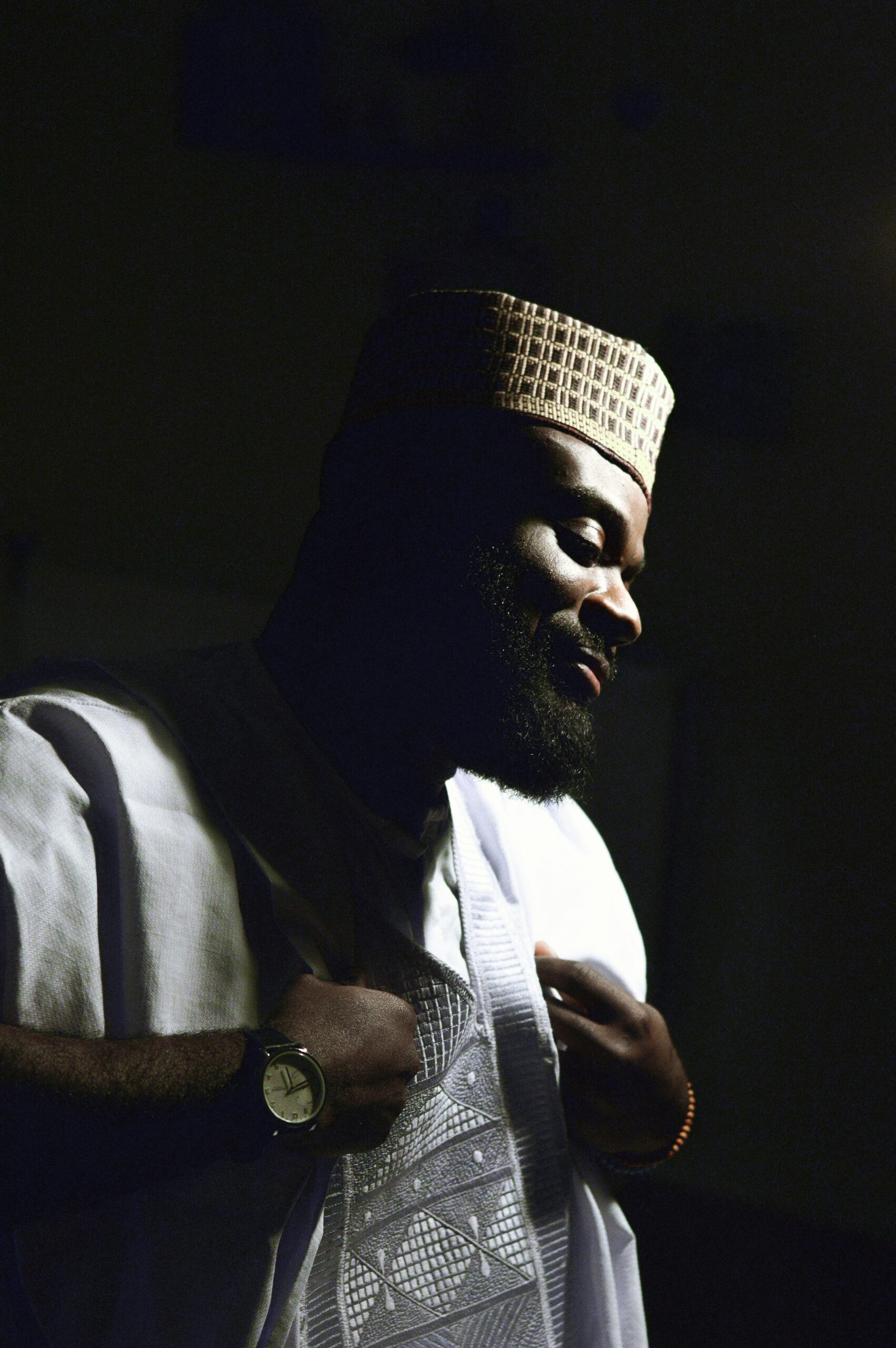
A Lesson from Túnjí
Túnjí was a young boy who lived with his grandfather in Èrúwà. One sunny afternoon, he was playing outside when an elderly man walked by. Túnjí casually greeted him, “Báwo ni?” (How are you?).
His grandfather, watching from a distance, called him over.
“Túnjí, is that how to greet an elder?”
“Yes, Grandpa,” he said. “Isn’t that okay?”
His grandfather smiled gently and said, “Let me tell you a story.”
He began, “Long ago, there was a proud hunter who rarely greeted elders. One day, he got lost in the forest. An old man appeared on the path, but the hunter didn’t greet him. Instead, he ignored him and walked past.
The old man greeted him kindly, but the hunter insulted him. Offended, the old man turned and disappeared into the trees. The hunter wandered the forest for days before finally finding his way back home.
Respect opens doors, my son. Without it, even wisdom hides from you.”
There is a Yorùbá proverb that says, “Àgbà kìí wà lọ́jà kí orí ọmọ tuntun ó wọ́”—which means, “An elder cannot be present in the marketplace and allow a child’s head to be wrongly positioned.” This highlights the essential role of elders in guiding the younger generation and maintaining order through wisdom.
Another saying goes, “Tí ọmọdé bá ní aṣọ bí àgbà, kò le ní àkísà bíi àgbà,” meaning, “Even if a child owns as many garments as an elder, they cannot have as many rags.” The metaphor shows that no matter how similar their material possessions, a child’s life experience will never match that of an elder, underscoring the value of lived experience.
And in yet another proverb, “Ẹnu àgbà ní ọbì tí ń gbó,” it is said that “It is from the mouth of the elder that the kola nut ripens.” This expression emphasizes how wisdom and meaningful insight often come from those who have lived longest.
Túnjí listened closely. The next day, he saw the old man again. This time, he prostrated and greeted him, “Ẹ kàsán Bàbá.” The elder smiled and placed a hand on Túnjí’s head.
“O se Ọmọlúàbí,” he said. “Wà d’àgbà wà sè orírè.” (Thank you, you well-mannered child.) May you grow old and prosper.
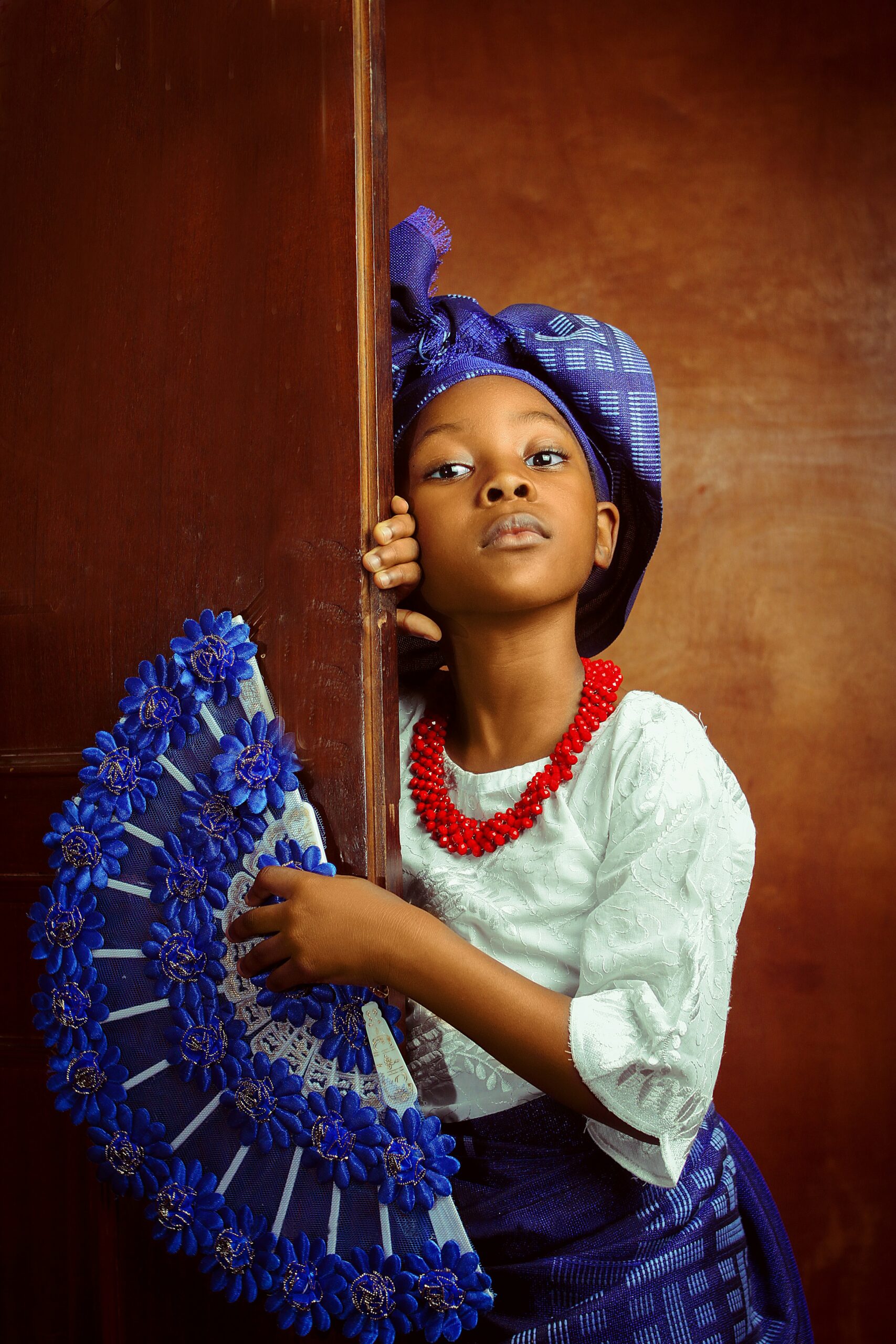
How Yorùbá People Show Ìbà (Respect)
Respect is shown in many ways in Yorùbá culture:
1. Greetings and Body Language
- Boys and men show respect by prostrating (dòbálè) when greeting elders.
- Girls and women kneel (kúnlè) when greeting.
- Younger people always greet elders first, using phrases like “Ẹ kú àárọ” (Good morning) or “Ẹ kú alẹ́” (Good evening).
2. Respectful Speech and Titles
- Elders are never addressed by name alone. Instead, respectful titles like “Bàbá” (Father) or “Ìyá” (Mother) are used.
- When speaking to elders, the prefix “Ẹ” is added to verbs. For example, “Jokò” (sit) becomes “Ẹ jokò” (Please have your seat).
3. Community and Family Structure
- Elders are seen as the custodians of wisdom. Their input is essential in family decisions.
- Disrespecting an elder can lead to public scolding or even spiritual consequences. Yorùbás believe the ancestors watch over how traditions are kept.
4. Greetings by Profession and Status
- In traditional settings, professionals like farmers, hunters, and chiefs have specific greetings that show respect and recognition. For example, farmers may be greeted with poetic phrases like “Àròkò bódùndé.”
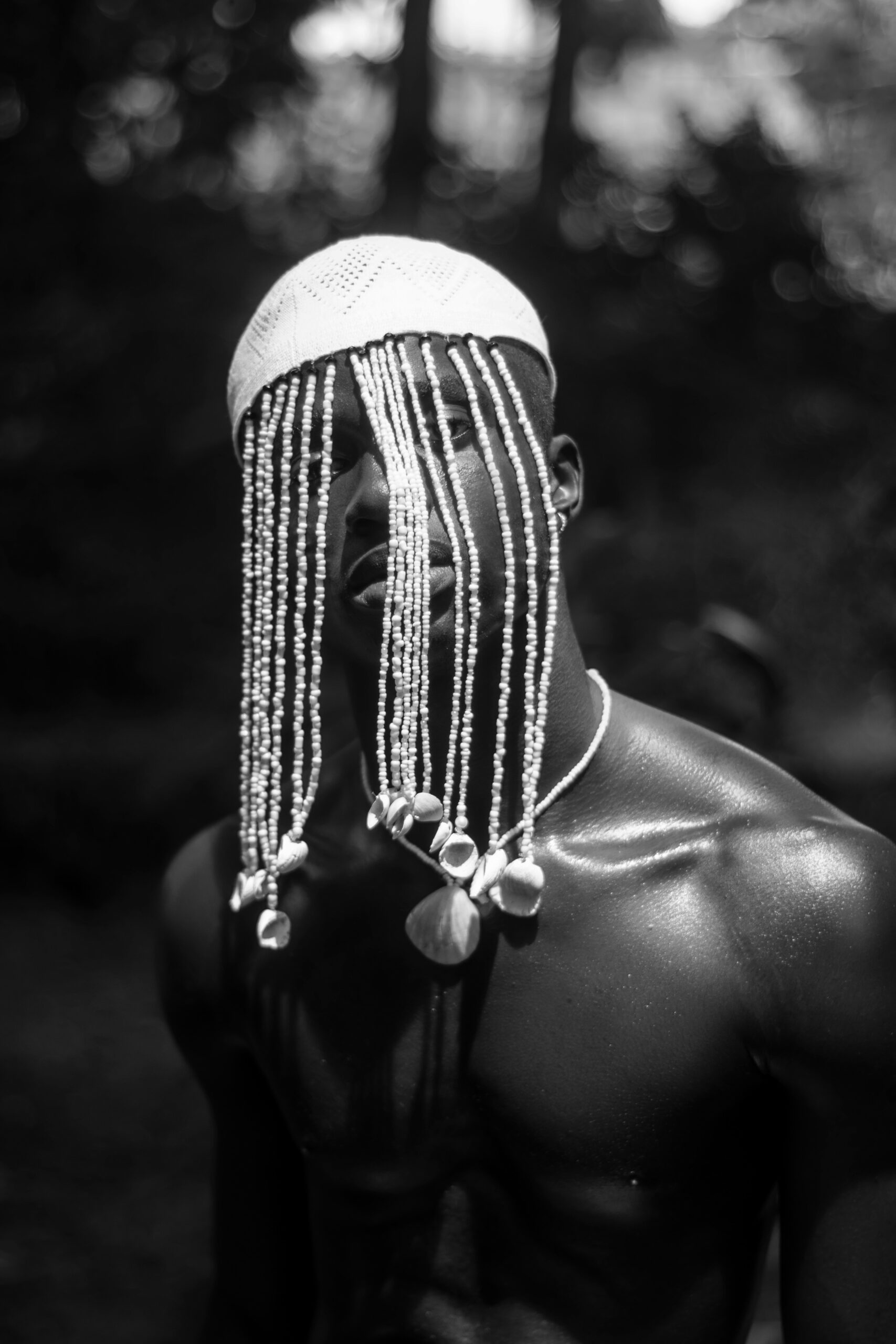
Why Ìbà Still Matters Today
Civilisation and modern technology are reshaping how people express themselves. Many young people now greet elders casually, often through texts or calls, without using proper forms of address. Some even argue that respect should come from the heart, not in physical gestures.
Yet, despite these changes, Ìbà continues to hold value in Yorùbá homes and communities. It reminds us of:
- Unity: Respect strengthens families and communities. When we honour each other, we promote peace and connection.
- Good Character: An Ọmọlúàbí is known by how they treat others. Respect is the foundation of good character.
- Cultural Preservation: Values like Ìbà keep traditions alive across generations.
Are You an Ọmọlúàbí?
The story of Túnjí reminds us that respect is not just a cultural formality—it is an expression of love, humility, and peace. In a world where relationships are easily strained by pride or selfishness, Ìbà teaches us to listen, honour, and uplift one another.
Ask yourself today: Do you show Ìbà to those around you? Are you living as an Ọmọlúàbí?
Let respect lead the way.

